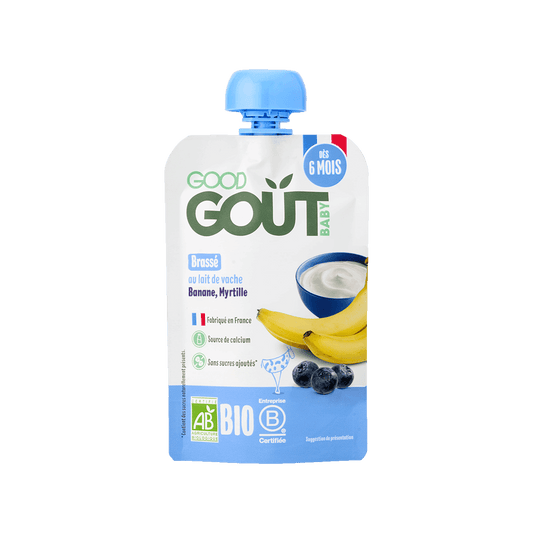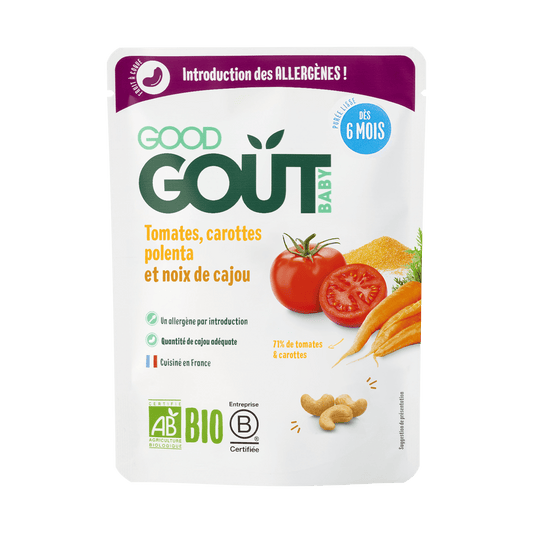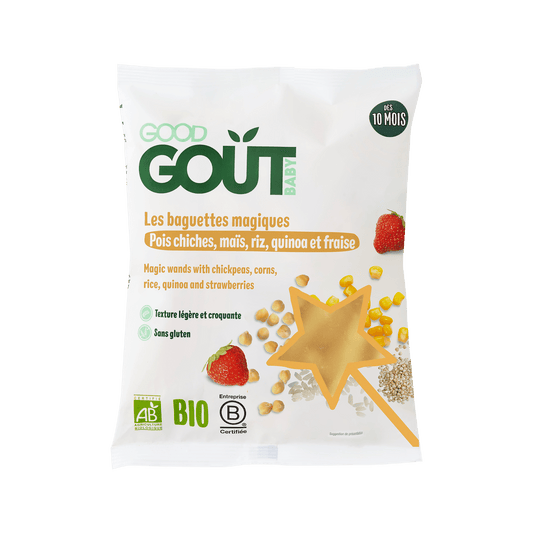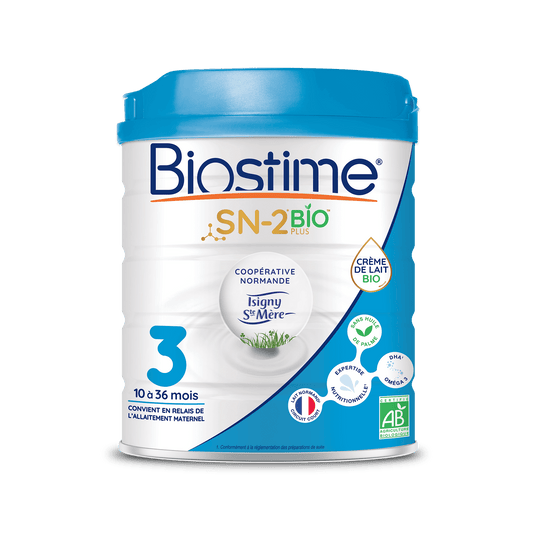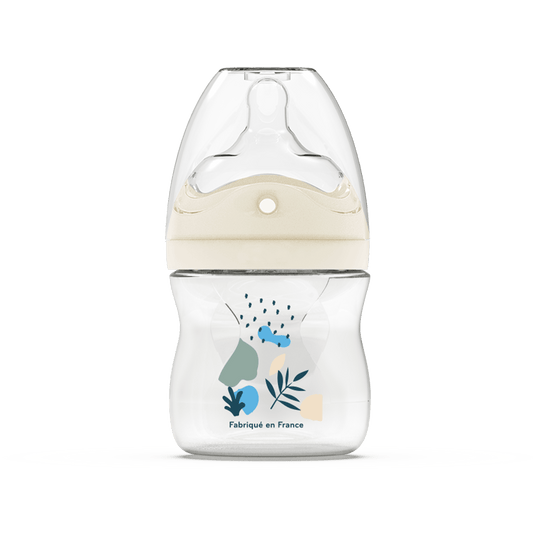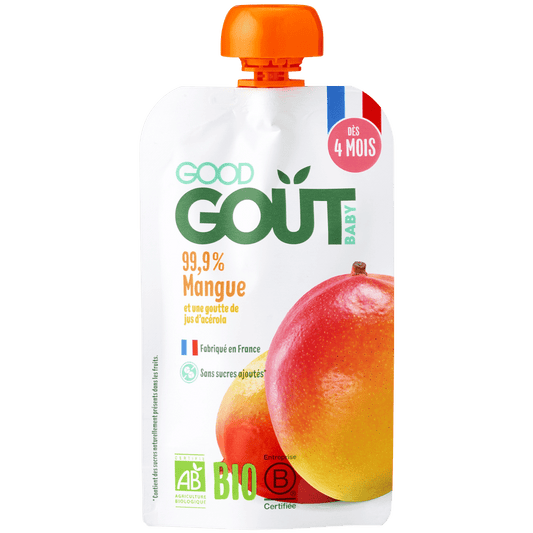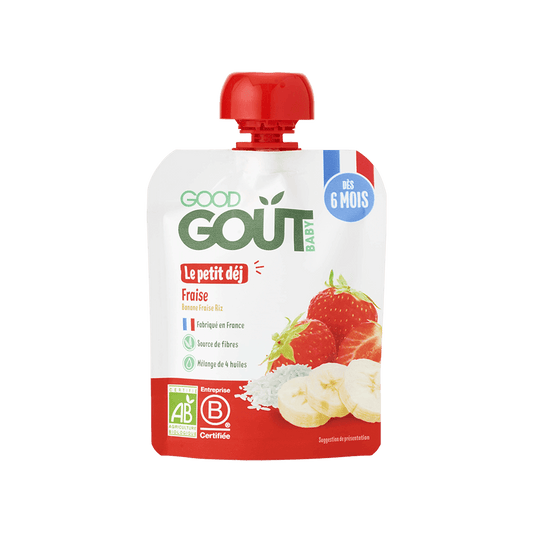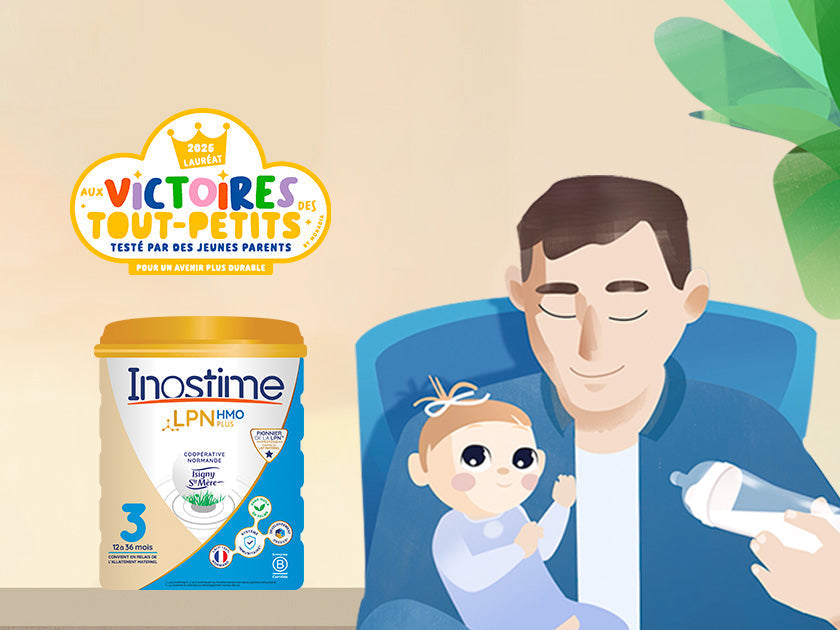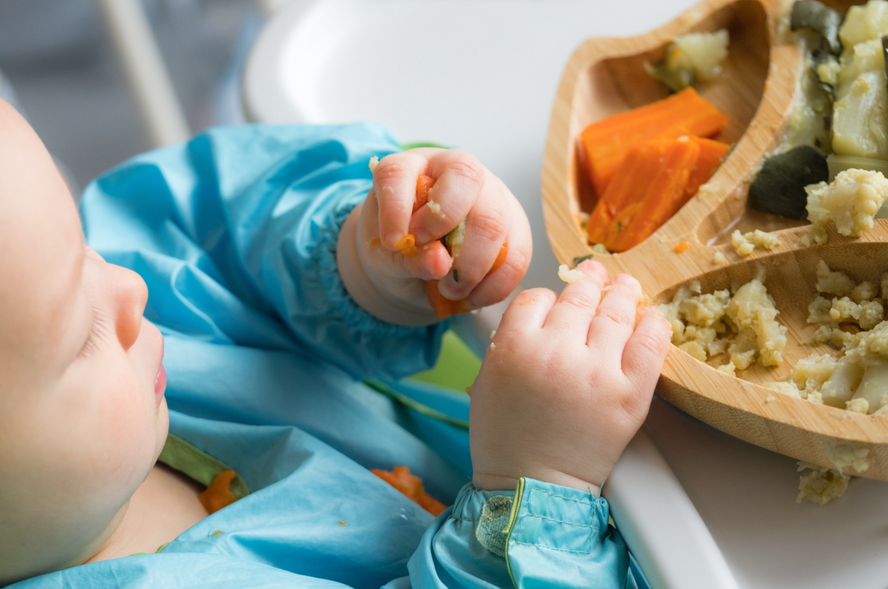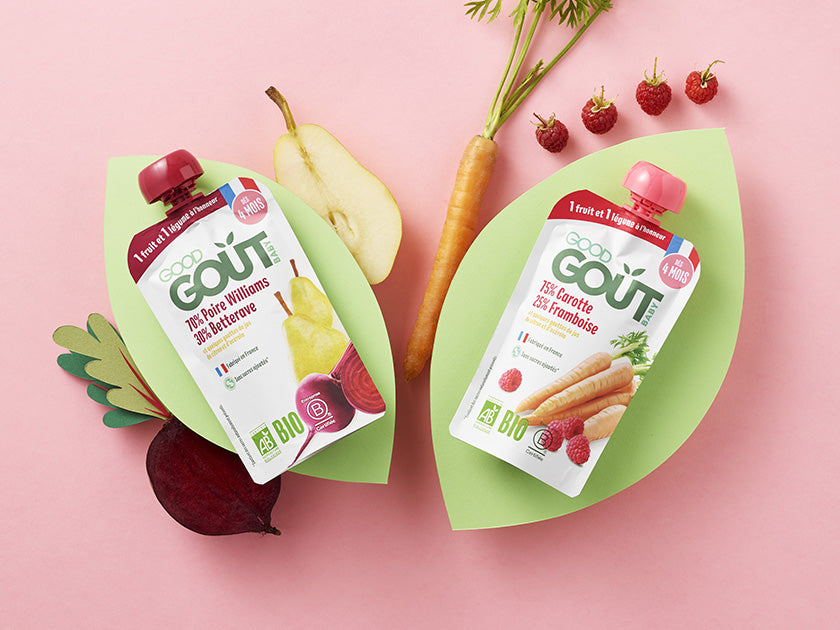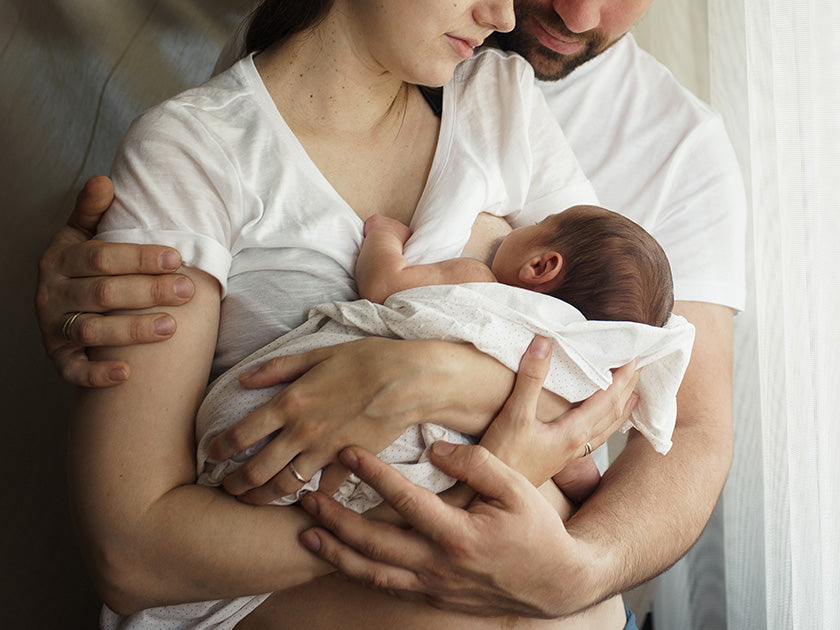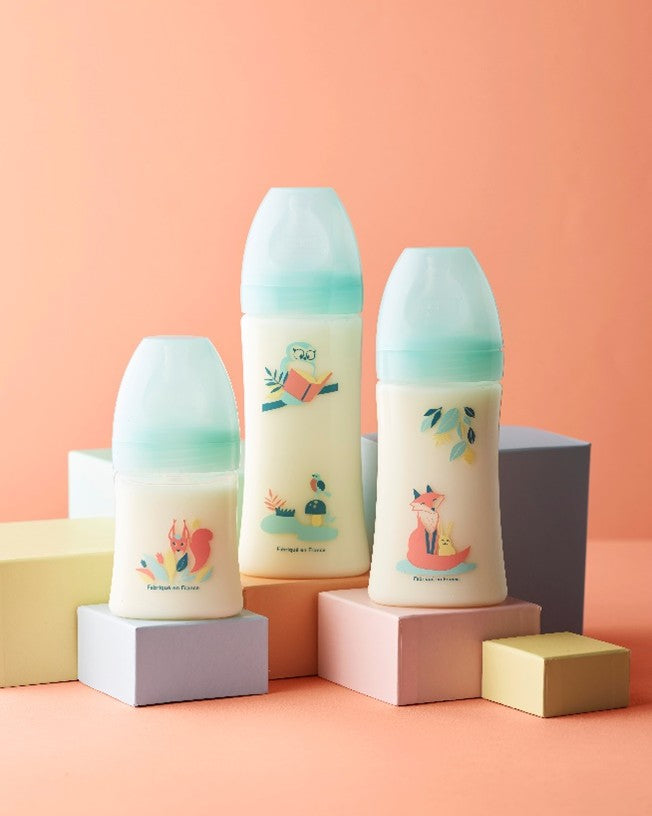1/ All eggs are not equal
Even if at first glance, eggs all look a bit the same, you should know that when it comes to eggs, clothes don't make the man. As you probably know, all eggs are tattooed; just refer to this inscription to know which eggs you are dealing with.
- chickens raised outdoors with at least 90% organic feed. > That’s a resounding YES!
- free-range chickens. > It's good but could be better.
- chickens raised on the ground, in other words indoors, intensively (but without cages) > L
- caged or battery-raised hens (which never see the light of day) > We say no!
It won't surprise you if we tell you that chickens that roam freely in the fields and eat organic food are in better shape! If you can, also favor short supply chains: there are probably category 0 eggs laid near you. And if not, opt for French eggs: the FR label must appear on the shell.
2/ Eggs are a source of protein for babies (but not only!)
We're almost tempted to say "He who eats an egg, eats an ox!", as the egg is such a champion in terms of protein! A large egg contains an average of 6 grams (for comparison, a 100-gram steak contains an average of 25 grams of protein). And since good news never comes alone, egg proteins contain essential amino acids for your babies' growth. Under its shell, vitamins, minerals, antioxidants, and essential fatty acids are also hidden. In short, the egg is a superfood!
To learn more about introducing protein into baby's plate, click here .
3/ Babies can eat eggs from 6 months
Contrary to what we sometimes imagine, eggs can be introduced at the beginning of food diversification, in other words around 6 or 7 months. To start, you can focus on the yolk alone (because it is the richest part in nutrients): first ½ cooked and mashed yolk then 1 whole yolk between 9 and 12 months. As soon as your baby blows out his first candle, you can absolutely offer him half a whole cooked egg (with the white) per day. Cooked, hard-boiled or in an omelet, eggs can therefore regularly be invited to the menu of toddlers. You will simply have to make sure that they are well cooked and offer them alternately with meat or fish.
4/ Eggs should not be washed
As nature is well made, eggs are naturally covered with a protective film. By rinsing them, we remove the cuticle of the shell which protects its contents against microbes. Moral! We don't clean it but we store them in good conditions! Eggs can be kept for 28 days provided they are left undisturbed in their box, away from light in a dry and cool place (we will avoid excessive temperatures and thermal shocks). So... Fridge or no fridge? In fact, it all depends on your habits... But if you were wide awake the last time you went shopping, you must have noticed that eggs are never stored in the fresh section of the store ;)
5/ There is a reliable method to know if an egg is fresh
To know if an egg is fresh or not, you can rely on a good old grandmother's trick: the plunge! Fill a salad bowl or a saucepan with cold water and gently immerse the egg. If you notice that it floats and stays on the surface, there is no question: throw this egg in the trash immediately! On the other hand, if the egg sinks and stays at the bottom, then everything is fine! This egg is very fresh and you can give it to your baby without any problem.

